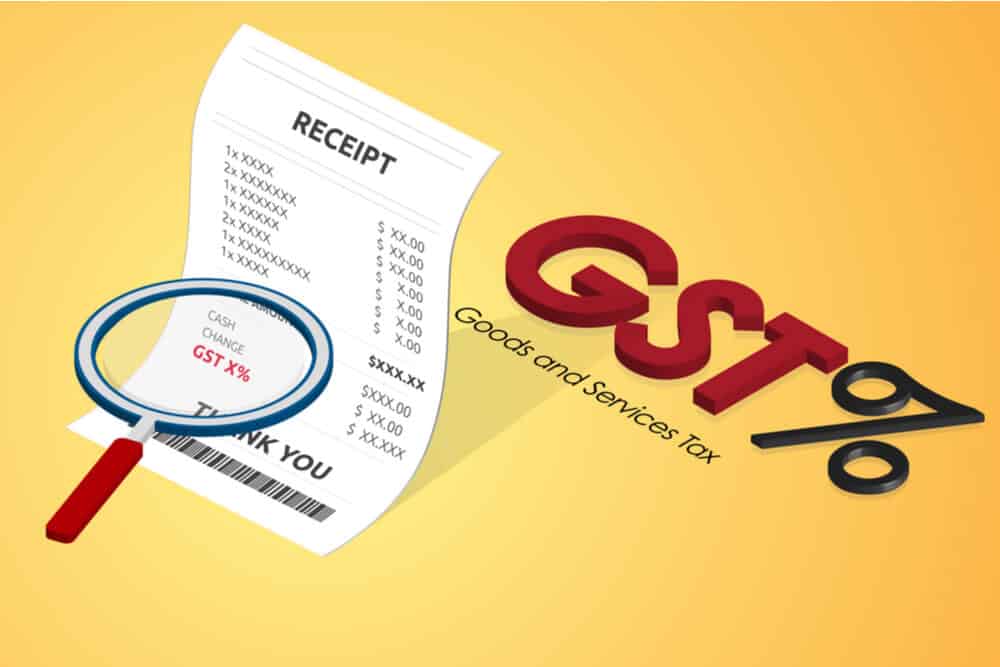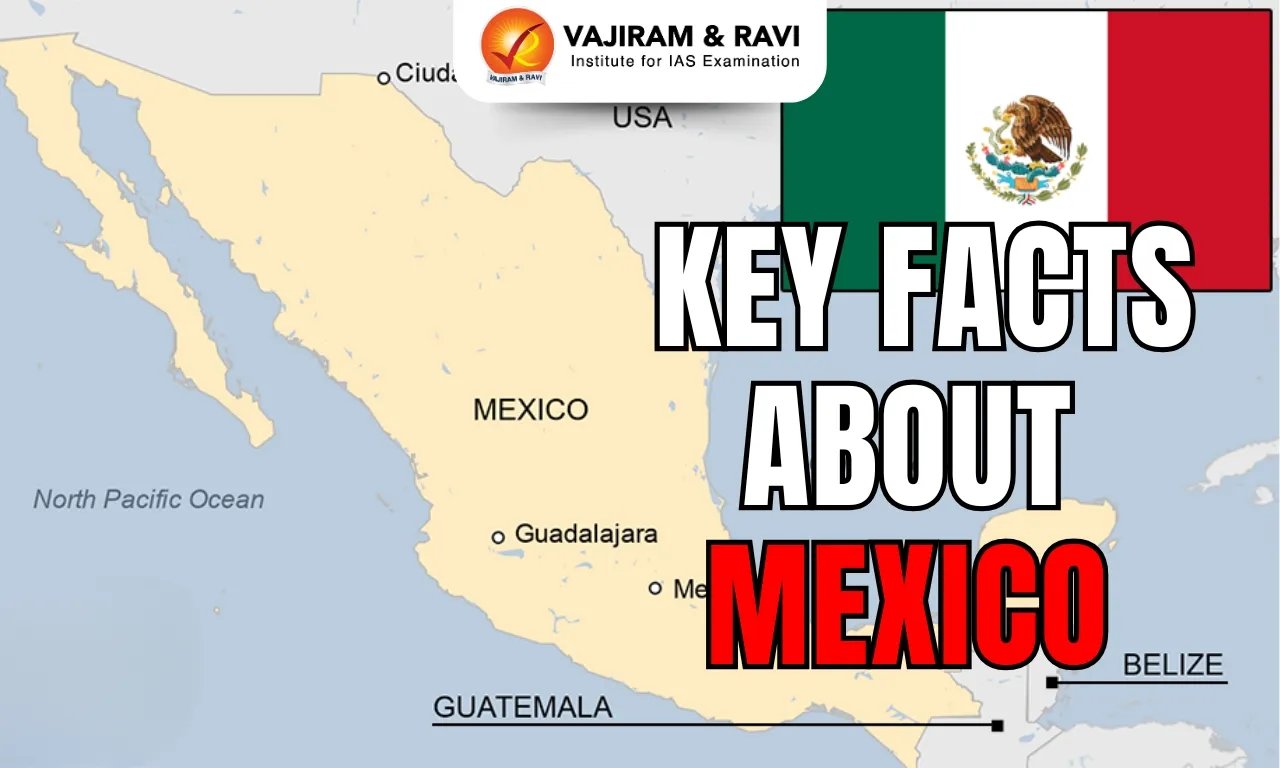What Exactly is the Goods and Services Tax (GST)?
- It is an indirect tax (not directly paid by customers to the government), that came into effect from 1 July 2017 through the implementation of the 101st Amendment to the Constitution of India by the Indian government.
- It has actually replaced various indirect taxes such as – service taxes, VAT, excise and others in the country.
- It is levied on the manufacturer or seller of goods and the providers of services.
- Types of GST: State Goods and Services Tax (SGST), Central Goods and Services Tax (CGST) and the Integrated Goods and Services Tax (IGST, on exports and imports).
What is the GST Council?
- Article 279A of the Indian Constitution gives power to the President of India to constitute a joint forum of the Centre and States called the GST Council, consisting of the –
- Union Finance Minister – Chairperson
- The Union Minister of State, in-charge of Revenue of finance – Member
- The Minister in-charge of finance or taxation or any other Minister nominated by each State Government – Members
- The GST Council is an apex committee to modify, reconcile or to make recommendations to the Union and the States on GST, like the goods and services that may be subjected or exempted from GST, model GST laws, etc.
- Decisions in the GST Council are taken by a majority of not less than three-fourth of weighted votes cast.
- Centre has one-third weightage of the total votes cast and all the states taken together have two-third of weightage of the total votes cast.
- All decisions taken by the GST Council have been arrived at through consensus.
Q1) What is an Indirect Tax?
An indirect tax is collected by one entity in the supply chain, such as a manufacturer or retailer, and paid to the government; however, the tax is passed onto the consumer by the manufacturer or retailer as part of the purchase price of a good or service. The consumer is ultimately paying the tax by paying more for the product.
Source: GST Council to discuss scope of budgetary support for units in hilly states
Last updated on December, 2025
→ Check out the latest UPSC Syllabus 2026 here.
→ Join Vajiram & Ravi’s Interview Guidance Programme for expert help to crack your final UPSC stage.
→ UPSC Mains Result 2025 is now out.
→ UPSC Notification 2026 is scheduled to be released on January 14, 2026.
→ UPSC Calendar 2026 is released on 15th May, 2025.
→ The UPSC Vacancy 2025 were released 1129, out of which 979 were for UPSC CSE and remaining 150 are for UPSC IFoS.
→ UPSC Prelims 2026 will be conducted on 24th May, 2026 & UPSC Mains 2026 will be conducted on 21st August 2026.
→ The UPSC Selection Process is of 3 stages-Prelims, Mains and Interview.
→ UPSC Result 2024 is released with latest UPSC Marksheet 2024. Check Now!
→ UPSC Prelims Result 2025 is out now for the CSE held on 25 May 2025.
→ UPSC Toppers List 2024 is released now. Shakti Dubey is UPSC AIR 1 2024 Topper.
→ UPSC Prelims Question Paper 2025 and Unofficial Prelims Answer Key 2025 are available now.
→ UPSC Mains Question Paper 2025 is out for Essay, GS 1, 2, 3 & GS 4.
→ UPSC Mains Indian Language Question Paper 2025 is now out.
→ UPSC Mains Optional Question Paper 2025 is now out.
→ Also check Best IAS Coaching in Delhi

















